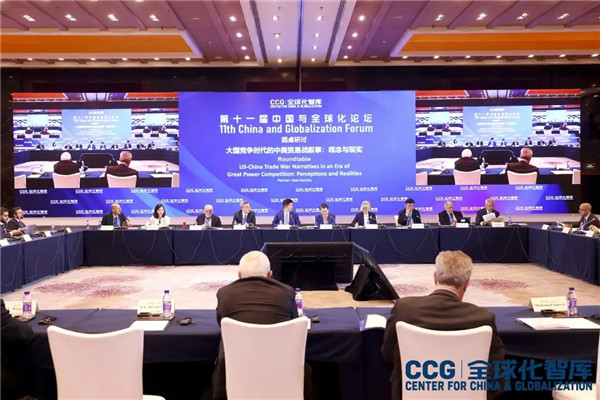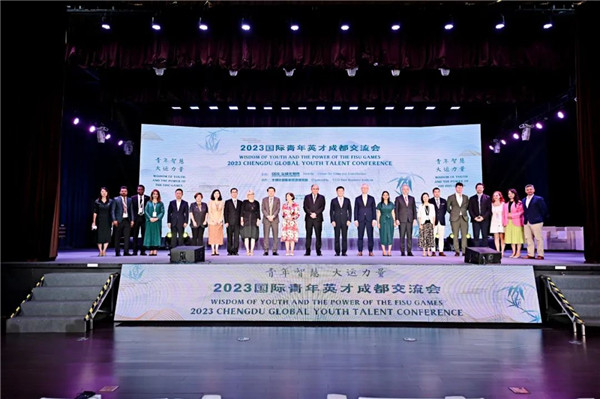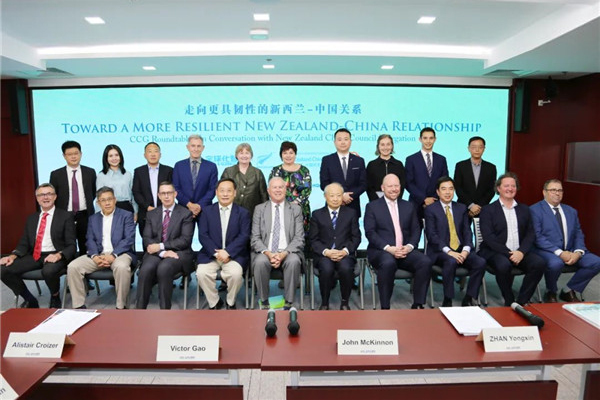CCG, AEI Scholars Join in Discussion about Prospect of Sino-US Economic Relations
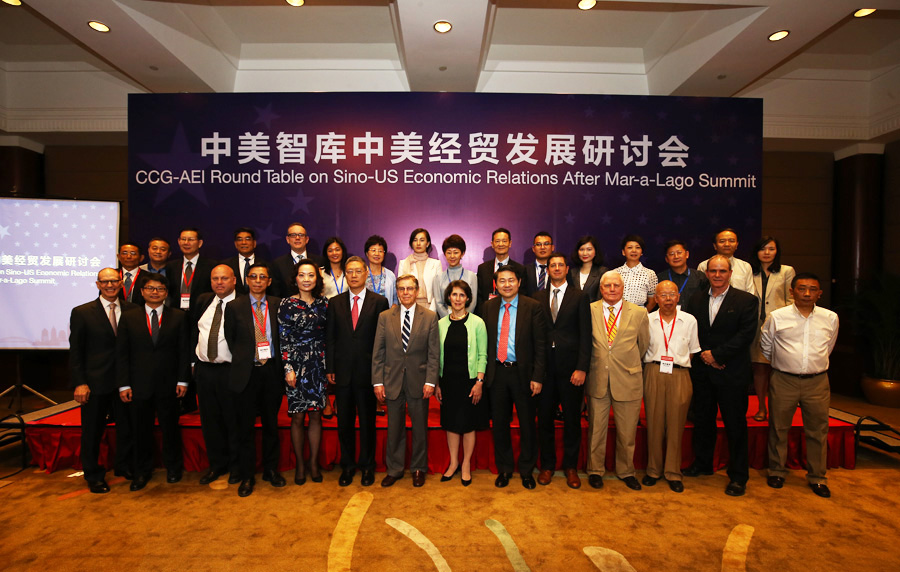
Top scholars and experts from China and the United States joined together in a seminar on May 18, 2017, to review the performance of President Trump’s administration in the first 100 days and discuss the future of the bilateral economic relations.
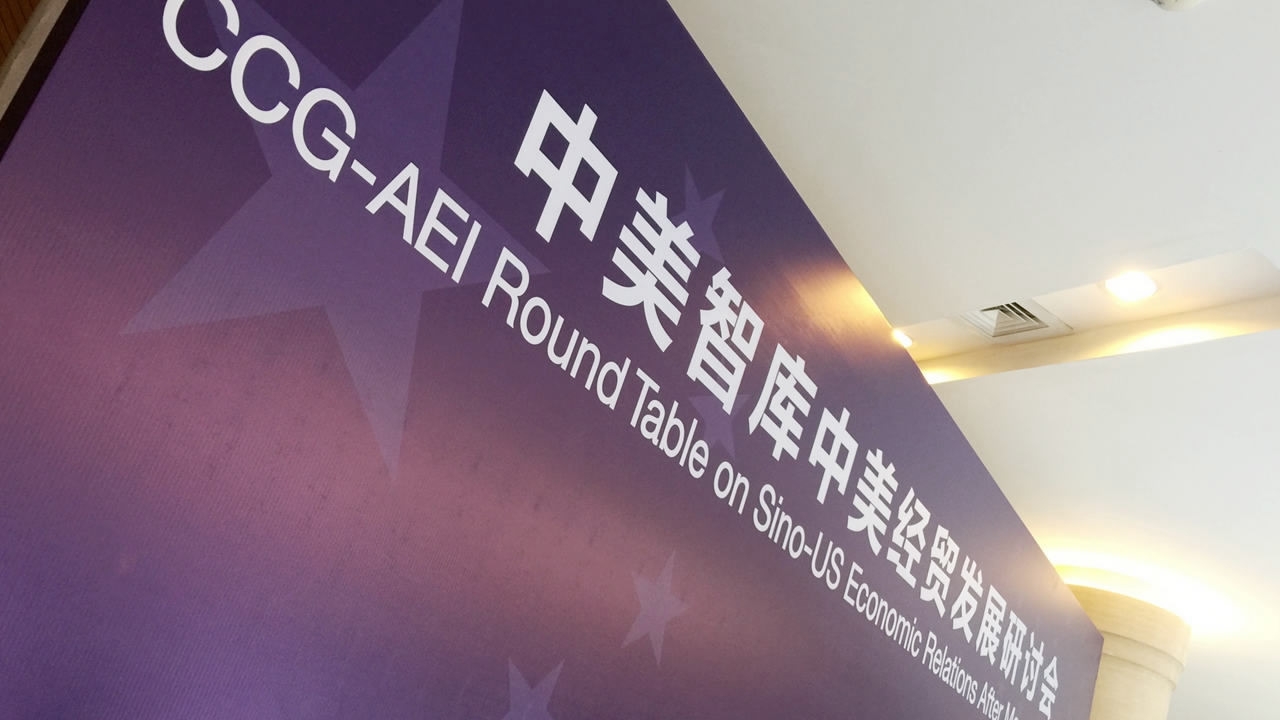
The seminar on the Sino-US Economic Relations was co-hosted by CCG and the American Enterprise Institute, aiming to strengthen the communications and trust building between the two countries and provide recommendation to policymakers on both sides to maintain the positive momentum in the bilateral relations.
The seminar was organized following the meeting between President Xi and President Trump in Florida on April 6 – 7, during which they agreed to launch a “100-day” action plan to push forward the bilateral economic cooperation. On May 12, the US Department of Commerce and the press office of the Chinese State Council announced respectively the preliminary achievement of the action plan, including the consensus reached in 10 fields including trade, financial services, investment and energy. In the recent Belt and Road Forum for International Cooperation, the US delegation led by President Trump’s special envoy Matt Pottinger has clearly expressed the willingness to seek cooperation opportunities as the Belt and Road initiative proceeds.
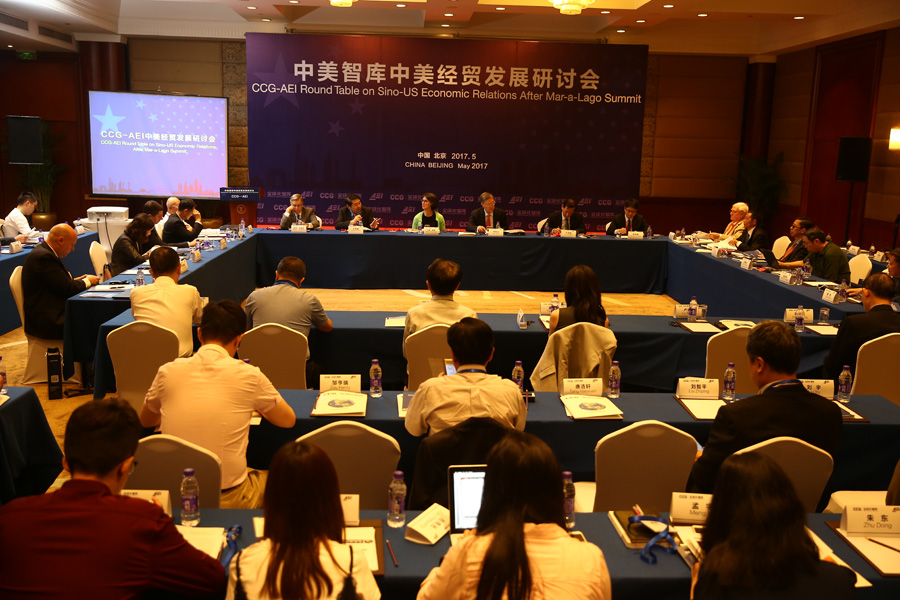
As one of the most prestigious think tanks in the United States, AEI has strong influence on the Trump administration. Kevin A. Hassett, the resident scholar and director of economic policy studies at the AEI, has been appointed as the head of the White House Council of Economic Advisers. This time, the AEI sent its first ever delegation to China to attend this seminar, including six resident scholars, senior research fellows and associate fellows from AEI, whose expertise ranges from the US economy, international trade policies, US politics, China’s economy, financial service to political economics.

CCG also invited top Chinese scholars on the Sino-US relations and international trade to the seminar. The discussion was focused on four issues – the review of the Trump administration; analysis of interdependency and interaction between the world’s two largest economies; the Sino-US “100-day” action plan and how the bilateral trade can boost the US economic recovery; and the new communication mechanism between China and the U.S. after the Mar-A-Lago Summit.
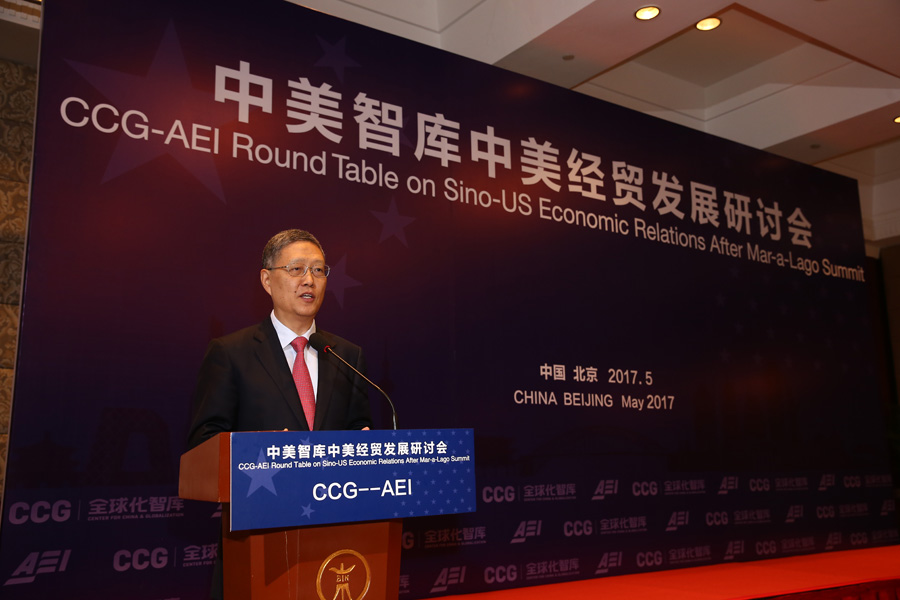
He Yafei, Former Vice Minister of Foreign Affairs
CCG co-chairman and former Vice Minister of Foreign Affairs He Yafei extended welcome to the AEI guests and emphasized the need for China and the United States, as two key stakeholders, to coordinate their policies to address global issues and make contribution to the world peace, security and development.
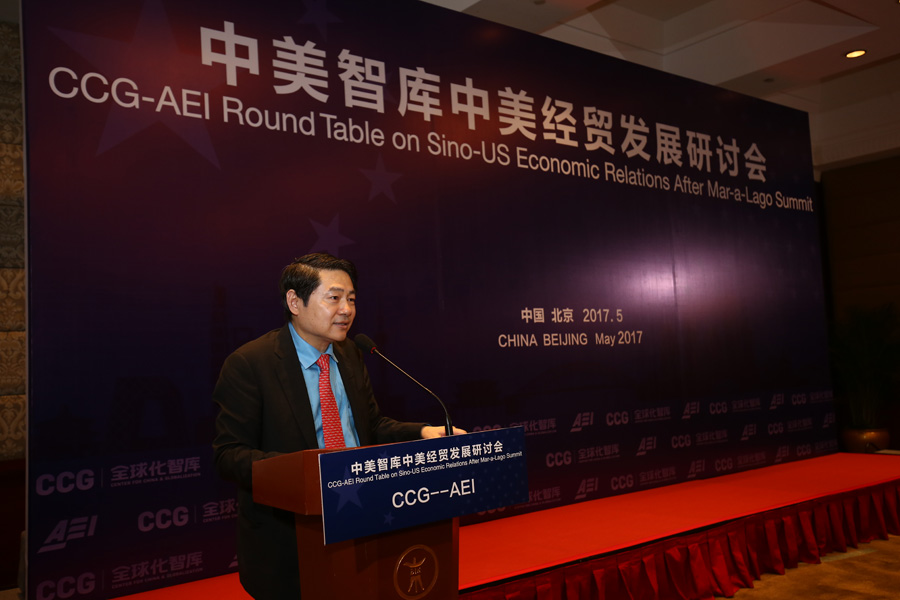
Wang Huiyao, President of CCG
Regarding the bilateral trade relations, CCG President Wang Huiyao is optimistic about the prospect, especially after the launch of the “100-day” action plan. China is the best trade partner for the United States if the Trump administration is determined to revive the US economy, create more jobs and attract more investment.
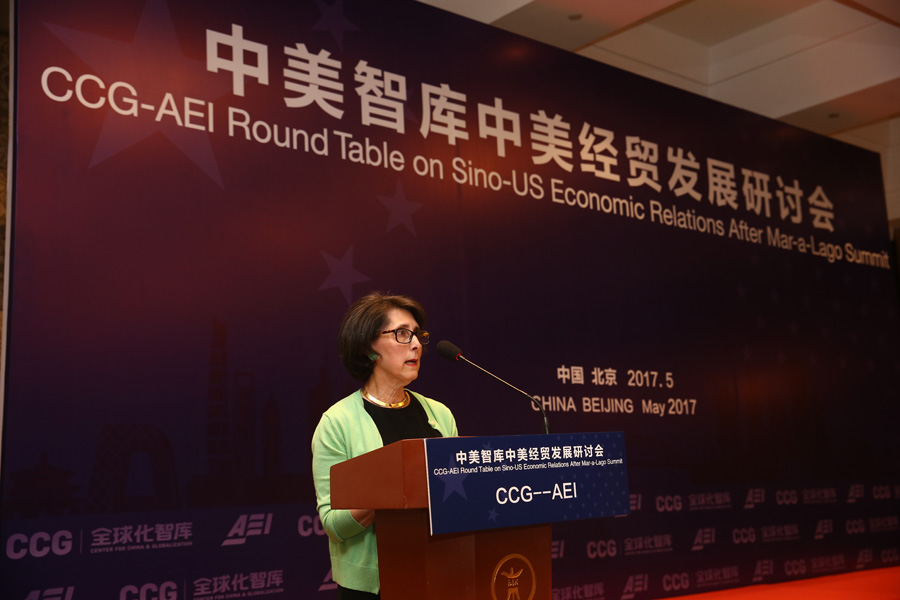
Karlyn Bowman, AEI Seniro Fellow
On behalf of AEI, senior research fellow Karlyn Bowman delivered a keynote speech, pointing out that the United States might have made a mistake by withdrawing from TPP. Even if the United States will not return to TPP, it should accept some of the articles in the agreement. Although the global trade is overall beneficial, every country still needs to make contribution and compromise.
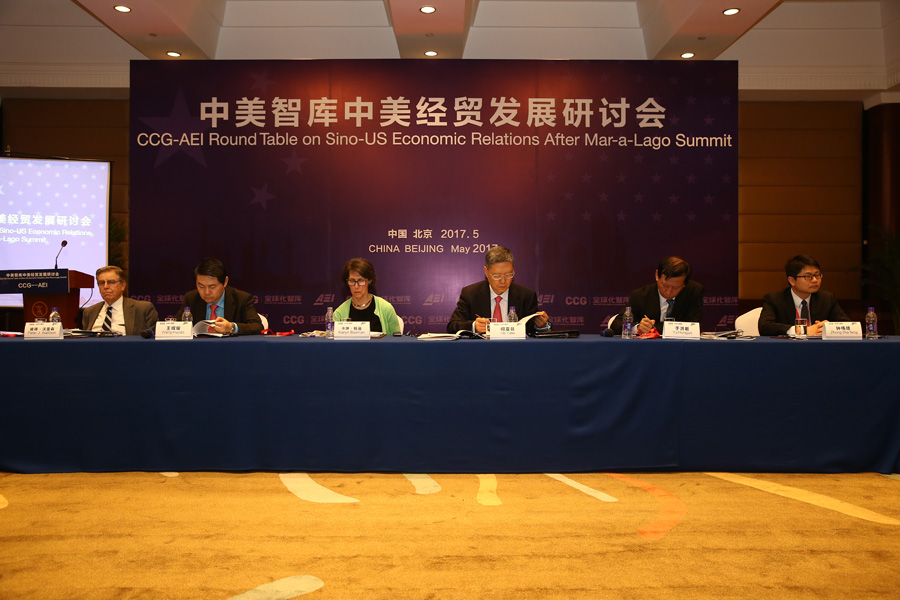
At the first session hosted by CCG President Wang Huiyao, the US and Chinese experts presented their perspectives about the Trump government’s performance and analysis of the US international strategy adjustment.
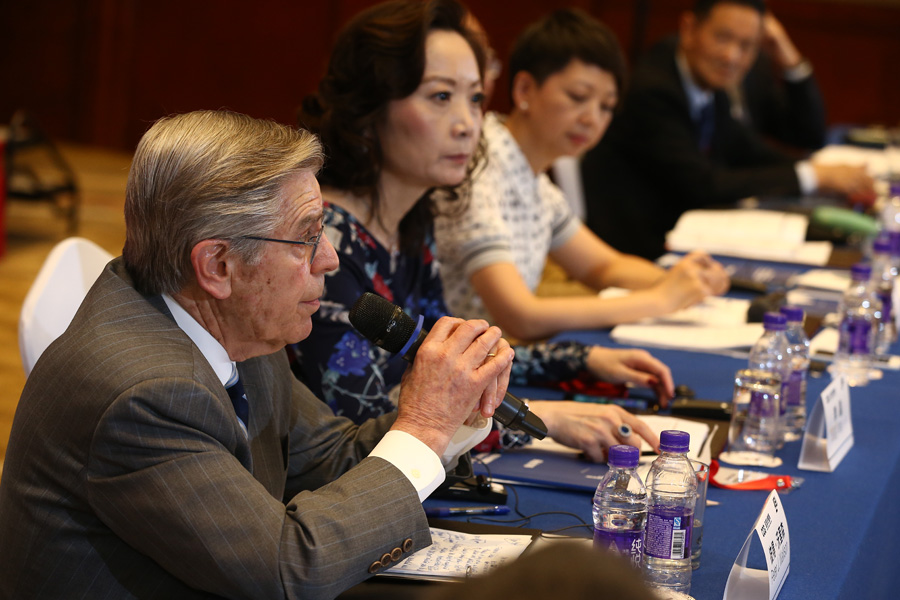
The second session was hosted by CGTN TV host Ms. Tian Wei and focused on the Chinese and US economic policies and the impact on each other’s economic situation. Besides scholars, several senior business executives from the US-based MNCs also participated in the discussion about the US financial and fiscal policies, China’s taxation reform and open-up policies in finance sector.
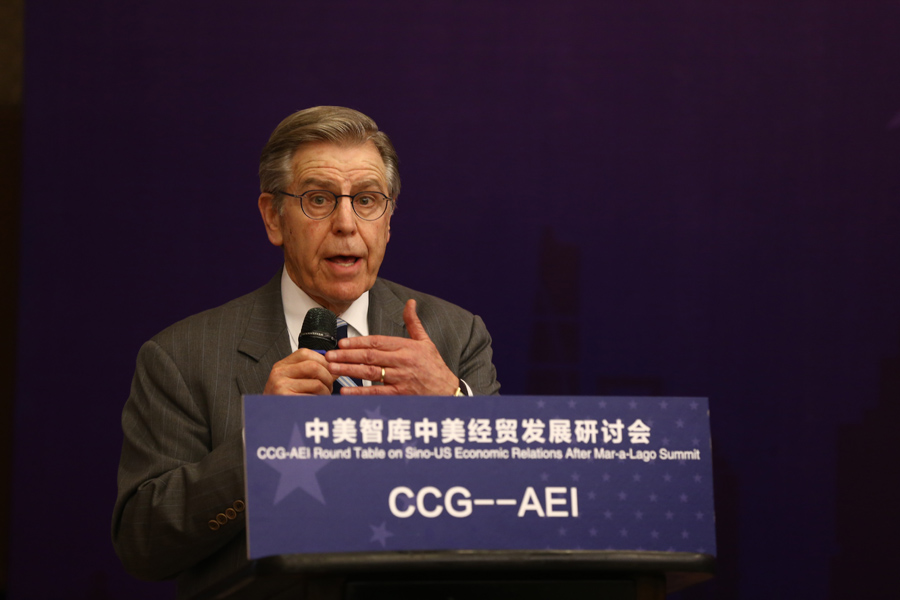
Peter Wallison, AEI Seniro Fellow
Peter J. Wallison, the senior research fellow in the Financial Policy Studies at the American Enterprise Institute and former White House Counsel, assumed that President Trump can only move forward his political agenda after he makes amends with Democrats and media, but there has no sign of improvement yet. Trump made a lot of negative comment on China but changed his attitude after he realized the benefit of a friendly and cooperative relationship with China. It became very challenging to predict his policies in the future since he and his advisors always discussed political issues like business deals.
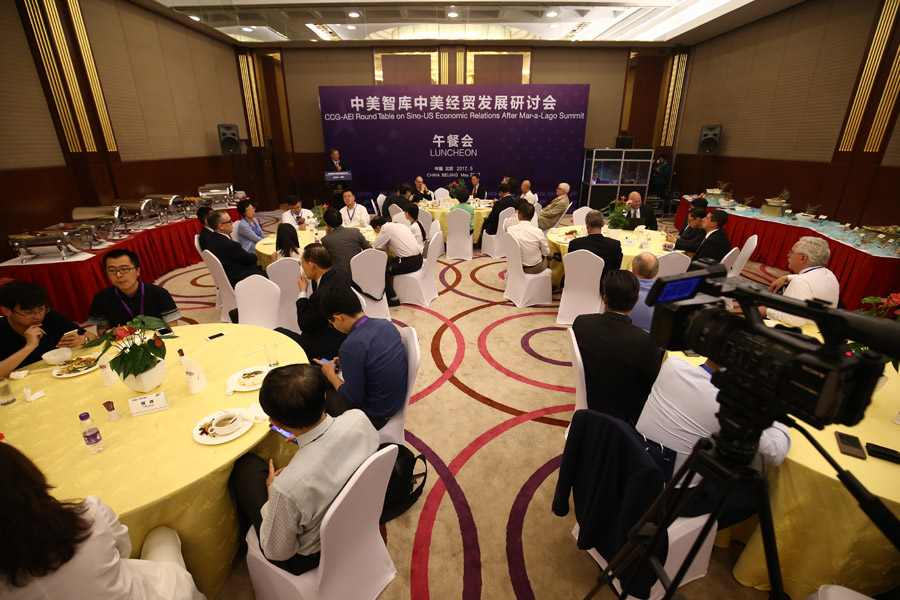
Luncheon
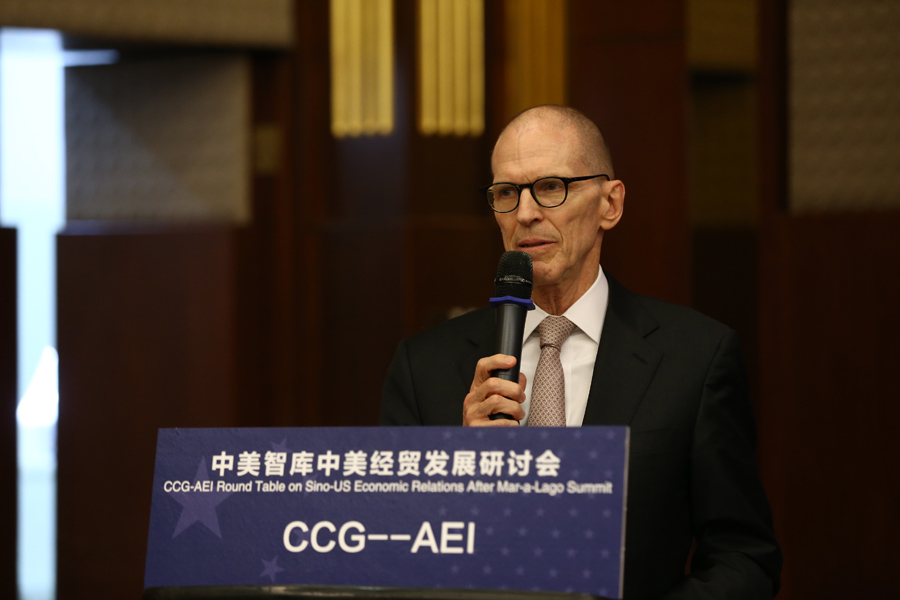
William Zarit, Chairman of the Board for the American Chamber of Commerce in China.
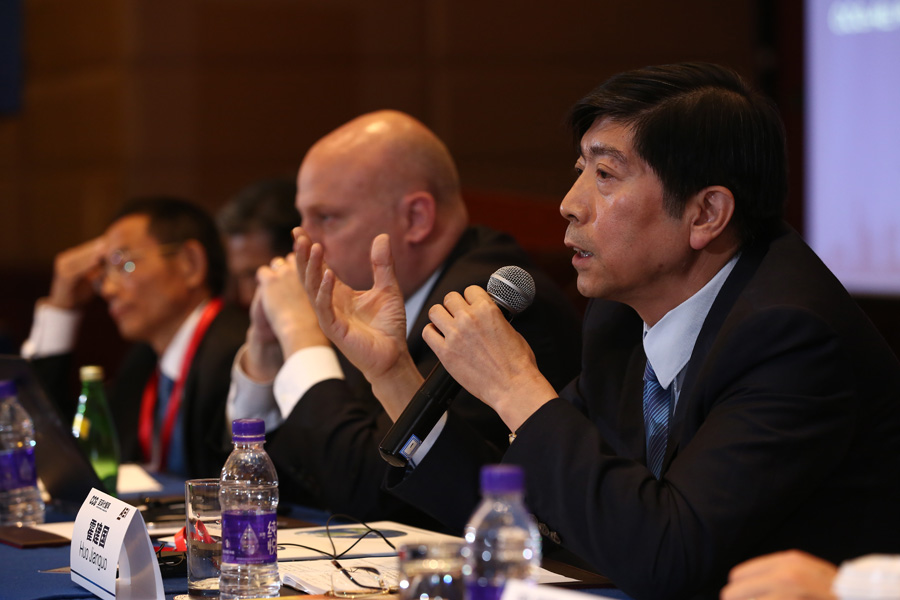
At the third session on the “100-day” action plan to push forward the Sino-US economic and trade relations, led by the host – CCG senior research fellow and Former Director at the Ministry of Commerce Department for Norther America & Oceania Affairs Jiang Shan, the Chinese and American scholars proposed a number of new initiatives and measures to consolidate the foundation for the future development of the bilateral relations.
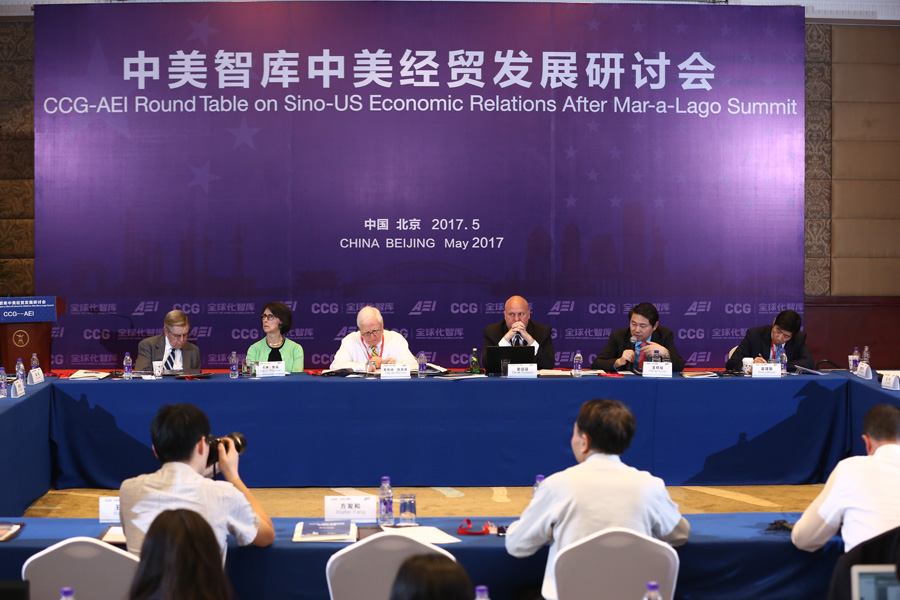
The fourth session hosted by AEI resident scholars Claude Barfield identified the key areas in which the two countries can explore more cooperation opportunities. The panellists also proposed ideas to establish new mechanisms, which can strengthen bilateral communications to improve American government and public perception for China’s economic transformation.
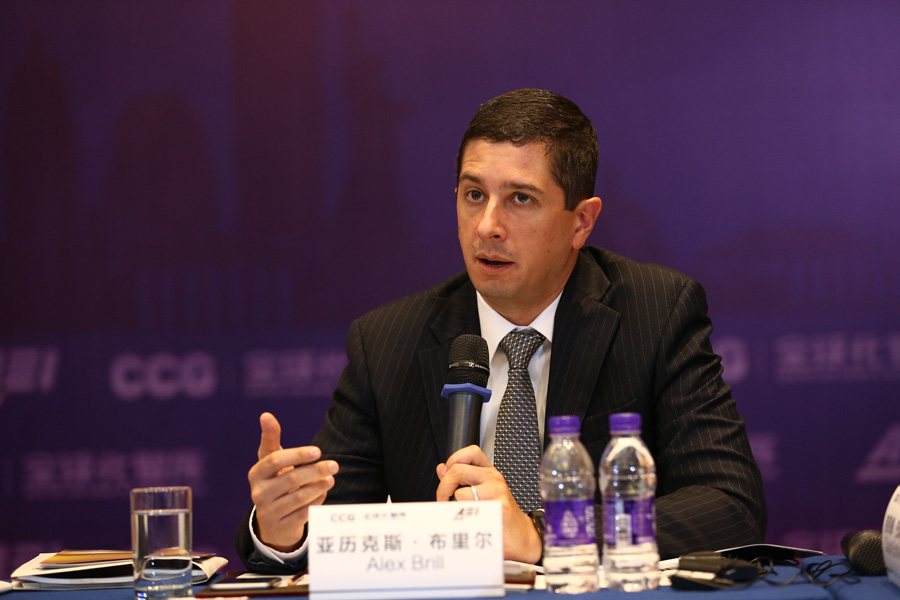
Alex Brill, AEI research fellow
AEI research fellow Alex Brill noted the outcome of the recent Sino-US summit is very encouraging. Both governments agree to maintain the partnership, while the difference only remains in what kind of friendship it would be.

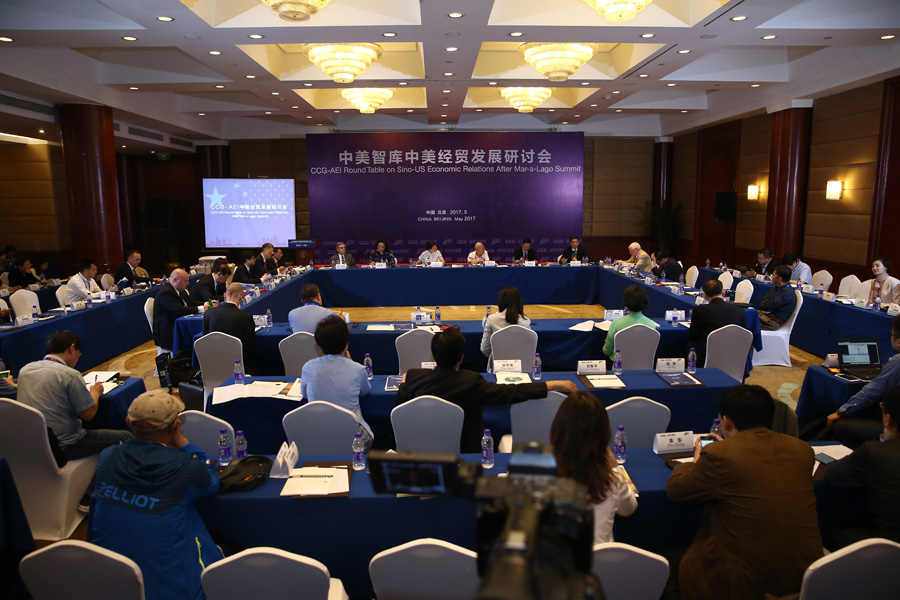
LocationBeijing
